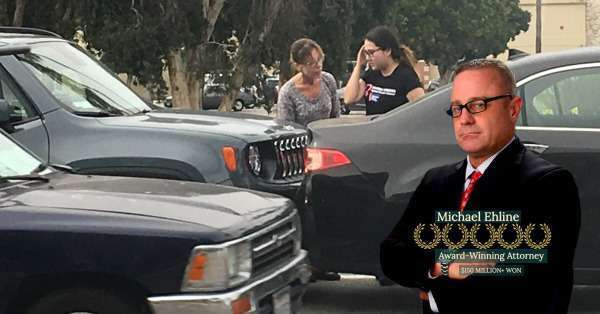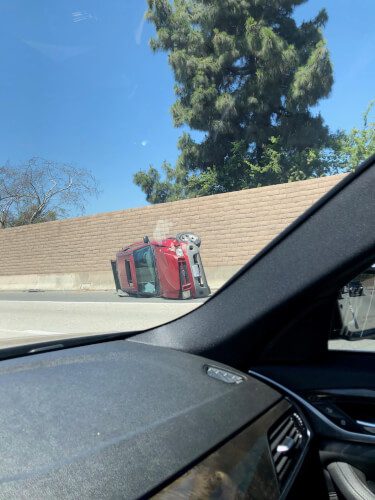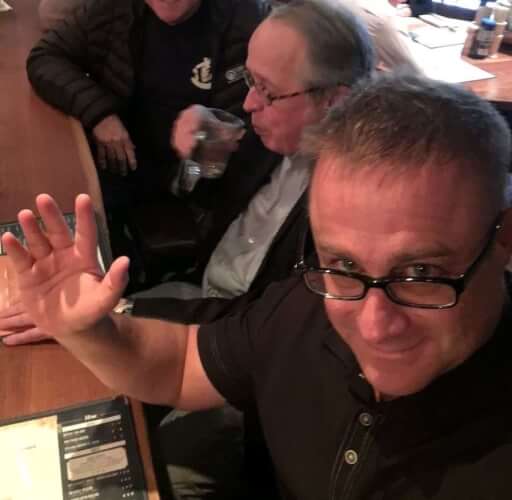When specific civil legislation and boundaries get crossed intentionally or unintentionally, and someone gets hurt, the law has a way to remedy it. These cases are tort cases. In simple words, a person takes civil action, usually with the help of a personal injury lawyer.
Next, if unable to resolve the matter, the victim’s representative gets help from the court to find the solution. The damage sustained in such a case is called tort. Assault, negligence, and battery are some of the most common examples of tort cases. What Does Tort Law Do? In tort cases, one party claims that another party has harmed it in a particular way. Then the victim asks for compensation for the damages. Sometimes the offending party has only violated the special rights of the plaintiff. The offenders are very rarely dealt with as criminals in most civil cases or torts. Is A Tort Just Like A Crime? There are some occasions where the laws are dealing with tort and criminal laws overlay.
But civil actions cannot be named as illegal activities. If another party damages a party, the affected party takes the case to the law. That party is seeking compensation for injuries and medical expenses. Such a case will be dealt with tort law and not as criminal law. The punishment factor involved in criminal acts will also not come into play in such cases. How Does Tort Litigation System Work? This system is a complete legal structure. Here, the lawyers work with claimers to settle the case. The goal is to get the settlement amount from the offending party.
If it doesn’t get resolved outside, then it is taken to court for trial. What Does It Mean By Mass Torts When many people who have been afflicted damage by one entity in a similar way and they bring the case to tort attorneys for resolution, this is called a mass tort. There are more than two dozen people with the same or similar complaint against the same entity, e.g., a company that makes an individual product. On most occasions, these people come with a representative. Why Is Tort Law Necessary? Most people understand that damage caused by someone does not get recovered from his punishment, especially physical punishment.
On occasions, the most important thing for the victim is to get compensated for the damage and loss caused by the offender. That’s where the tort law steps in and instead of just getting the offender punished it settles the case in a way that the victim’s loss get compensated too. Understanding Tort Liability When a person or party has crossed the boundaries drawn by the tort law, he’s not liable for the results caused by this breach of the law. For example, a person A steals the laptop of C, he will be considered liable to pay A back the money equal to the price of the laptop or the computer itself. This type of tort is named as conversion.
Tortfeasor A person who comes in violation of the tort law and damages another party mentally, financially, or physically is called the tortfeasor. He’s the offending party who must pay for the losses.







